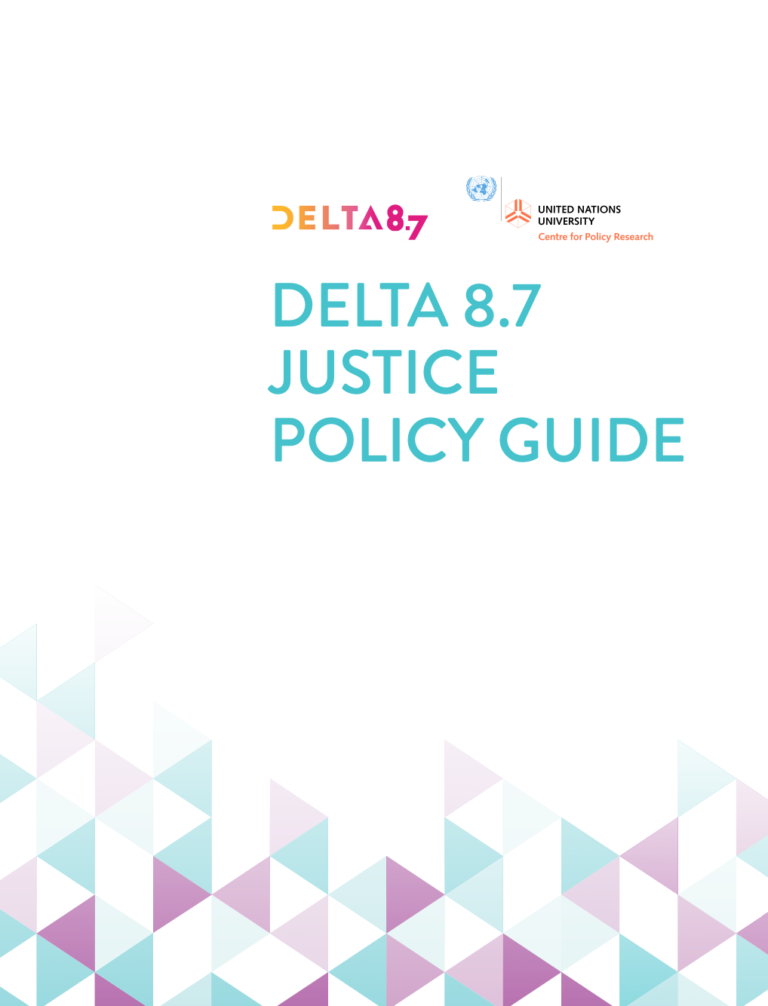Communication from the Commission to the European Parliament, The Council, and The European Economic and Social Committee: On decent work worldwide for a global just transition and a sustainable recovery
GuidanceAccording to the latest global estimates, 160 million children worldwide are in child labour. That is one in ten children in the world, and their number is growing. Nearly half of these children are performing hazardous work. At the same time, 25 mi...Read More

